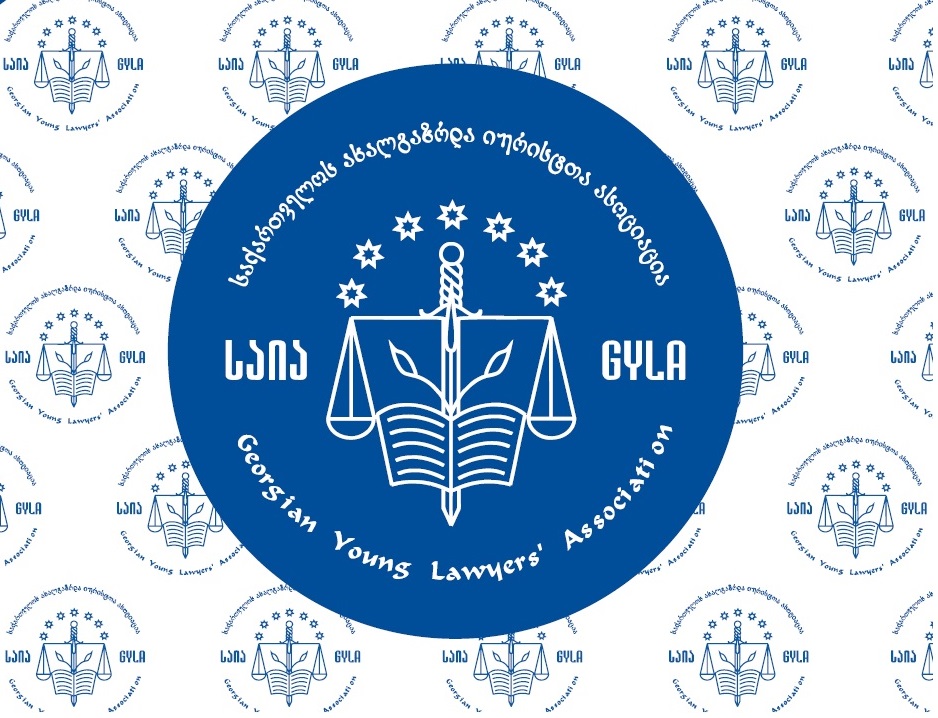


Lawyers of Georgian Young Lawyers’ Association interviewed individuals that applied to Komagi Foundation for assistance and were questioned in Moduli Building as witnesses. Combination of statements given by the following citizens – Givi Kuridze, Manana Gurgenashvili, Lamzira Kochishvili, Nugzar Belkania – produces a reasonable doubt that the Interior Ministry officers violated law in the process of questioning the said individuals as witnesses.
These individuals confirm that they applied to Komagi Foundation. They explain that on June 9, 2012, Interior Ministry officers visited them in their homes, and tricked and coerced them into going to Moduli Building. Most of these policemen wore civil uniforms and failed to state their identities to individuals summoned as witnesses. Although they were informed in Moduli Building of being questioned as witnesses, the authorities failed to specify the alleged crime under investigation. Three of them were informed that they had the right to a lawyer’s assistance.
The Criminal Procedures Code of Georgia stipulates that an individual to be summoned as a witnessed must be provided with a notice stating “who and for what, to whom and at which address the individual has been summoned, time and date for appearance.” Forcing a witness to testify is allowed if s/he is avoiding appearance for invalid reason. It is further noteworthy that according to N. Belkania, policement visited him at his workplace with his child in their car.
Statement of Givi Kuridze, sick with hepatitis C, liver cirrhosis and ascites was particularly alarming. On June 5, 2012, G. Kuridze underwent a surgery and was transferred to immunology center for further medical treatment on June 8. On June 9 he was visited by three policemen in his hospital room, who informed him that he was to be taken for questioning. Although Kuridze had recently had a surgery, his wounds had not yet healed and the doctor was objecting to his release from hospital, the policemen took him to Moduli Building regardless. For unknown reasons Kuridze could not be questioned in a timely manner. He felt sick and they had to take him back to the hospital. Later on, he was taken to the Moduli Building for questioning the very same day. Following a two-hour waiting Kuridze felt sick again. He explains that his body was swollen and he could hardly breathe. They called ambulance and transported him back to the hospital. Eventually he was questioned in the hospital.
Further, as the said individuals explain, some questions had nothing to do with a specific violation. For example, N. Belkania states that they asked him the following questions: “will you go out in the street [to protest] if you lose elections in October?” “Why are you in opposition when you have electricity, gas and water?” etc.
We believe that due to a high public interest in the said cases and in view of the information provided by said individuals, the Interior Ministry should provide answers to a number of questions, including why N. Belkania was visited by policemen with his child and whether this was their way of trying to influence, threaten or coerce the witness. It is unclear as to why it was necessary to immediately question an individual who had recently undergone a surgery, risking his health? If this was the case of urgent necessity, why didn’t they question him in the hospital from the very beginning, especially since Article 294 of the Criminal Procedures Code stipulates that not only a witness but a defendant can be questioned “where the person to be questioned is at” meaning that questioning does not necessarily have to take place in the police department and law enforcers are not bound by an obligation to question a witness in the police department. Asking questions similar to ones cited above is unacceptable.
We request timely and objective probe into the said facts by the Interior Ministry in order to determine type of violations that occurred in the given case – whether they were disciplinary or criminal.
ჯ. კახიძის #15, თბილისი, საქართველო, 0102 ; ტელ: (995 32) 95 23 53; ფაქსი: (995 32) 92 32 11; ელ-ფოსტა: gyla@gyla.ge; www.gyla.ge
15, J. Kakhidze str. 0102, Tbilisi, Georgia. Tel: (995 32) 95 23 53; Fax: (995 32) 92 32 11; E-mail: gyla@gyla.ge; www.gyla.ge